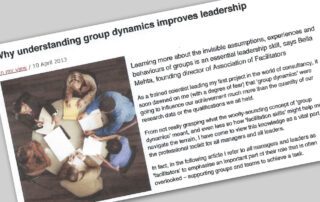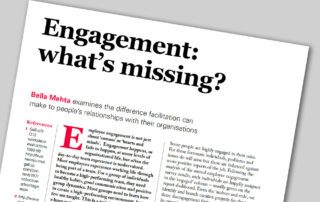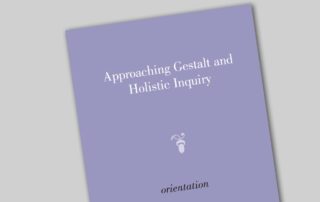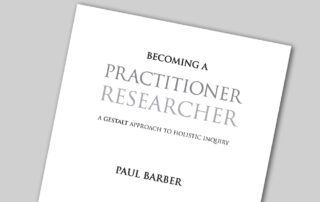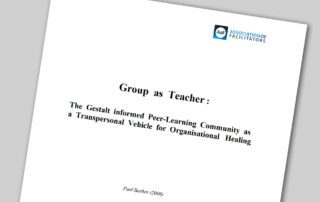Why understanding group dynamics improves leadership
Learning more about the invisible assumptions, experiences and behaviours of groups is an essential leadership skill, says Bella Mehta, founding director of Association of Facilitators. As a trained scientist leading my first project in the world of consultancy, it soon dawned on me (with a degree of fear) that 'group dynamics' were going to influence our achievement much more than the quality of our research data or the qualifications we all held...

